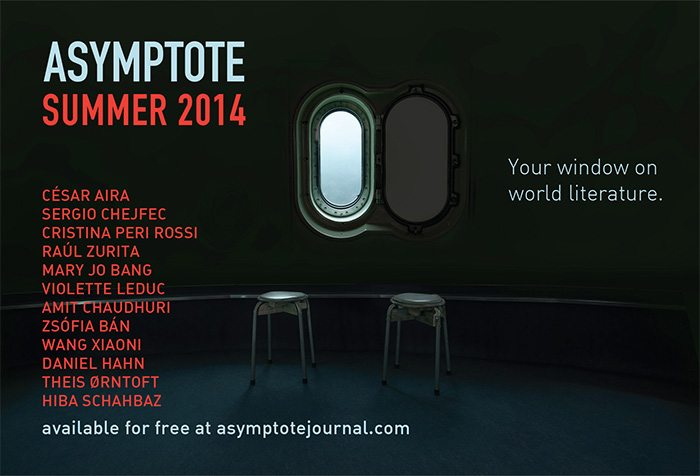Remember Isle-to-Isle? Chief executive assistant Berny Tan and Sher Chew’s collaborative data visualization and experimental reading project based on Jules Verne’s The Mysterious Island? (Now say that three times fast!). Well, the yearlong project is going strong, and the two collaborators reflected on their first five weeks with Mr. Verne in the Parsons Journal for Information Mapping. In this fascinating read, they delve into the trials of imagining the novel in map and diagram form.
For all you D.C. and Austin theatergoers: drama editor Caridad Svich’s Spark will receive its world premiere at theTheater Alliance, Anacostia Playhouse, on September 4–28, 2014, in Washington, D.C., under Colin Hovde’s direction. Likewise, her play Guapa will be produced at the Austin Community College-Rio Grande Campus on September 25–October 5, 2014 in Austin, TX, under Tomas Salas’s direction.





